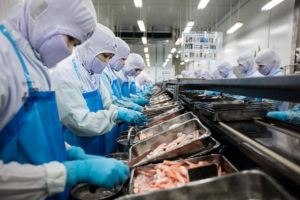
Wrestling with a ‘generational’ problem, Thai shrimp industry rates higher
When Seafood Watch awarded Thai shrimp a yellow or “good alternative” rating, it recognized a decade of improvements. Some feel it didn’t go far enough.
Research finds that nutrition-sensitive aquaculture can benefit public health through diverse, nutrient-rich seafood, and enabling equitable access to it.

When Seafood Watch awarded Thai shrimp a yellow or “good alternative” rating, it recognized a decade of improvements. Some feel it didn’t go far enough.
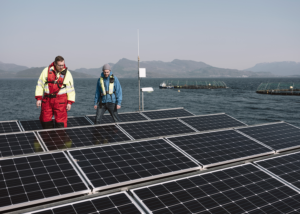
Fish farms, especially offshore operations, could certainly benefit – and intensify production – with renewable energy, but there are hurdles to surmount.
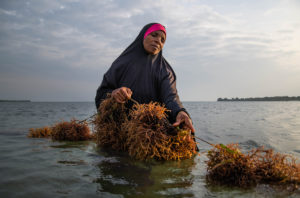
For many Zanzibari women, seaweed farming provides opportunity, but hardships are common. A project from The Nature Conservancy lends hope.
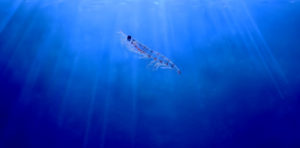
Krill has been shown to augment aquafeeds but utilizing and protecting the resource demands specialized equipment and a patient, collaborative approach.
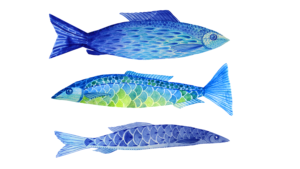
There is urgency to conversations about the role of blue food in mitigating climate change, increasing momentum toward some specific goals.
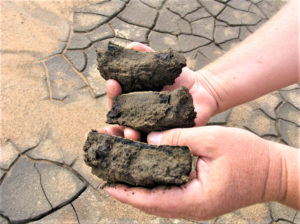
In his latest article, Professor Boyd discusses various aspects of the origin and decomposition of organic matter in various aquaculture systems.
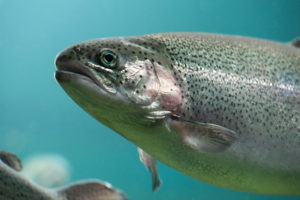
Cooke Aquaculture Pacific is awaiting approval to farm a species native to Washington at Puget Sound sites where it previously produced Atlantic salmon.
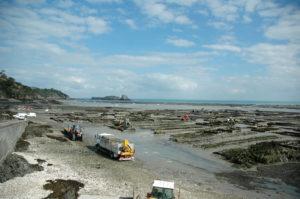
Study identifies regions where commercial marine aquaculture may provide environmental and social benefits and potentially support ecosystem recovery.
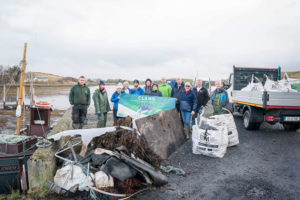
Aquaculture producers in Ireland’s Clew Bay prove that organized clusters can mitigate biosecurity risks and can even raise their profile with consumers.
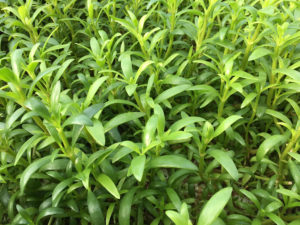
The Mote Aquaculture Research Park in Florida is developing a pilot-scale recirculating aquaponic system for the useful halophyte plant sea purslane.

South African veterinarian Gillian Taylor has developed a three-flag system to improve health management and biosecurity for the country’s tilapia farmers.
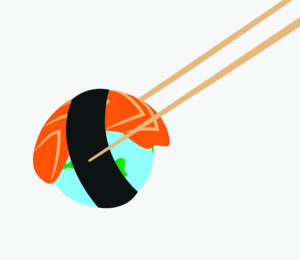
Several recent reports echo the message that eating sustainable seafood can help save the planet while making significant gains in public health.
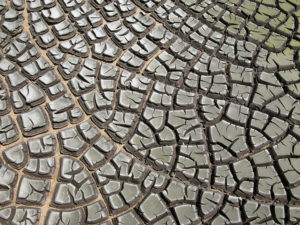
Study evaluates if controlling maturation stage during seafood sludge composting through turning improves the process in comparison to static composting.
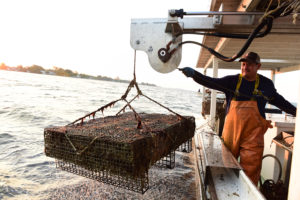
In Maryland and Virginia, developers can buy credits from oyster farmers to offset their assumed environmental impacts. Can "nutrient trading" work?
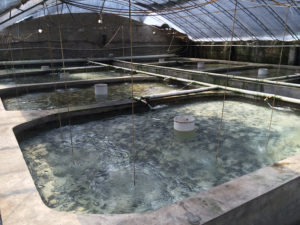
Part 2 of this article reviews proper waste production from feed, chemicals and pathogens in an effort support improved and sustainable aquaculture production.